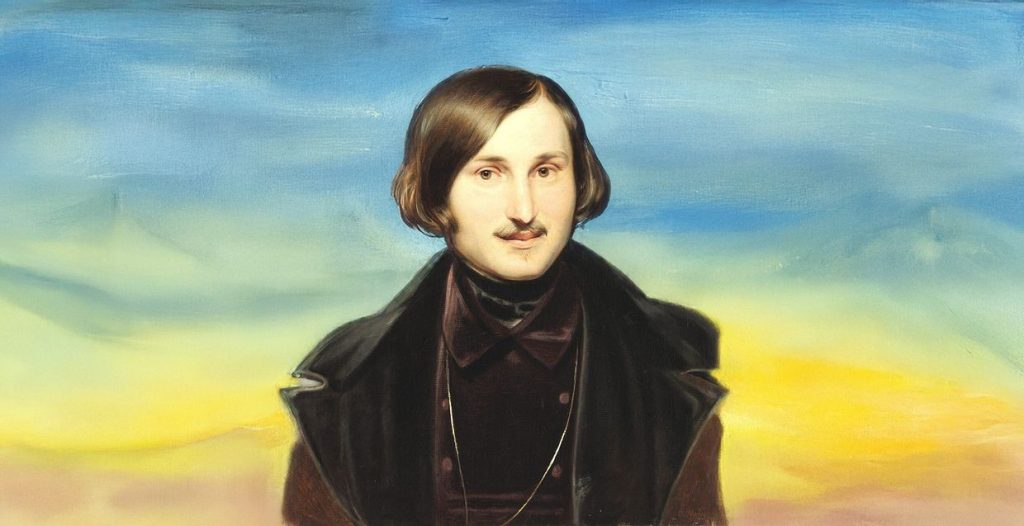The question of Nikolai Gogol’s “belonging” is a deeply painful issue for Ukrainians, especially as Ukrainian and Russian cultures are severing their ties. Gogol, born on Ukrainian soil, loved Ukraine as a civilization but chose Russian as his language of expression, enriching Russian literature. French philosophers Gilles Deleuze and Felix Guattari studied Franz Kafka for his unique position within world culture, detached from Czech culture and fluent in German. Applying this lens to Gogol, Russian was the language of state and culture, while Ukrainian was his mystical language, the wellspring of his genius.
Opinion: Pennsylvania’s Ukrainian community could swing the state in the upcoming election, with more than 120,000 Pennsylvanians of Ukrainian heritage potentially deciding the state’s outcome. For Kafka, Czech was his language of the land, German of state and culture, and Hebrew his mystical language. In contrast, Gogol’s struggle to transition into the universal literary world led him to be seen differently by different eras. Early in his career, Gogol was viewed as a Ukrainian writer by Russia’s public, but he failed to meet the expectations of the cultural elite.
Gogol’s desire to see Russia as beautiful but finding a monster within led to him being shunned by his Russian contemporaries. The Bolsheviks distorted Gogol’s legacy by turning his themes into folklore and satire for their own uses. Gogol’s portrayal of Russia was once seen as a Marxist critique of exploiters, rather than a Ukrainian perspective. Perhaps Gogol should be recognized as a Ukrainian Kafka, a poet of Ukraine and creator of a phantasmagorical Russia. Modern Russia would not permit Gogol to mythologize Ukraine nor vilify Russia, reflecting changes in societal views and censorship.
Gogol’s position as a Ukrainian writer was recognized by his contemporaries when he wrote works like “Evenings on a Farm Near Dikanka” and “Dead Souls” that portrayed Ukraine beautifully. He struggled to balance his Ukrainian roots with the expectations of Russian cultural elites, leading to his works being criticized for not idealizing Russia enough. Gogol’s failure to fit into the expectations of either side drove him to journalistic endeavors that were also met with criticism. His legacy was twisted in both the Russian Empire and the Soviet Union, with his true genius overshadowed by political agendas.
Examining Gogol through a lens of “minor literature” reveals the complexities of his identity as a writer. He held a unique position between Ukrainian and Russian cultures, grappling with his own sense of belonging and the demands of the literary world. Gogol’s inability to conform to either Ukrainian or Russian stereotypes ultimately contributed to his profound impact on world literature. His works continue to be studied and debated, shedding light on the complexities of cultural identity and artistic expression in a changing world.


